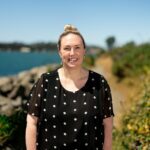
“I was on LIANZA’s SLIS (Special Libraries & Information Services) committee for about ten years, with a few years as the co-convenor. This committee helped me stretch skills I hadn’t used in many years - public speaking for one. It gave me lasting associations and friendships with a lot of the people I served with.”
Hannah Russell
Library Manager, National Institute of Water & Atmospheric Research (NIWA)
LIANZA has active regional or special interest member communities.
JOIN A LIANZA COMMUNITY TODAY
If you haven't joined one yet, what are you waiting for? These regional and special interest communities use LIANZA as a platform to connect and get things done. Special interest communities are formed by our members, for our members, and we are here to support you in this.
AN OPPORTUNITY TO CONNECT WITH YOUR PEERS
Do you want to get together and talk with your library and information colleagues informally? It is easy to become a part of the greater LIANZA community, to get support to reach and connect with all the other people who may wish to join in!
- To join a committee or LIANZA community email officeadmin@lianza.org.nz
- If you would like to join LIANZA go here >
- To find out about our different regional and special interest communities go here >
- To set up a new special interest community email officeadmin@lianza.org.nz.
- Or join your peers on LIANZA Connect here – our online platform for connecting across the sector.
WHAT LIANZA COMMUNITIES DO
Each community is run by volunteers who work in the sector – these incredible people use their spare time to lead these communities and events! They provide:
- valuable professional development activities
- social events to strengthen connections
- networking opportunities with like-minded people
Joining LIANZA is a great way to make new connections and get involved in your local professional community.
HOW TO JOIN A LIANZA COMMUNITY
Your LIANZA membership means you automatically become part of your LIANZA regional community, and you can choose to be part of as many LIANZA special interest communities as you want. Check out the regional community events near you!
Select special interest communities when you join LIANZA or let us know during the year if there are additional special interest communities you wish to be involved with by emailing officeadmin@lianza.org.nz.
SETTING UP A NEW LIANZA COMMUNITY
Do you have a great idea for a special interest community? New professionals, youth librarians, rare books, library strategy, special collections, climate change, libraries for the 21st century?
If there is no current special interest group that meets your needs – find out how to create a community by emailing the LIANZA Office.
REGIONAL COMMUNITIES
SPECIAL INTEREST COMMUNITIES
REGIONAL CHAIRS


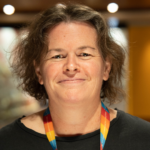

LIANZA AORAKI
Gail Cook & Katie Brazil
Christchurch City Libraries
LIANZA HIKUWAI
Stacey Smith
Auckland Libraries
LIANZA IKAROA
Joanne O'Connor
Palmerston North City Library
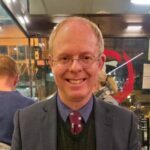
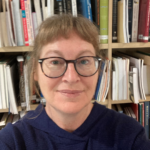
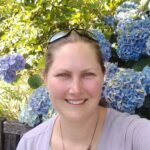
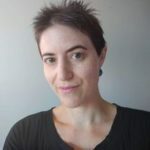
LIANZA MURIHIKU
Mark Hughes
University of Otago
LIANZA TE UPOKO O TE IKA A MĀUI
Jennifer Klarwill
Department of Corrections
LIANZA TE WHAKAKITENGA AA KAIMAI
Heather Furniss & Mel Chivers
Matamata-Piako District Council & University of Waikato
SPECIAL INTEREST GROUP (SIG) CHAIRS

LIANZA CAT SIG
Joanne Rowan
University of Auckland
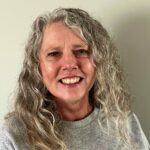
LIANZA HEALTH SIG
Sally Simpson
Waitemata District Health Board

LIANZA RESEARCH SIG
Rohini Biradavolu
Victoria University of Wellington
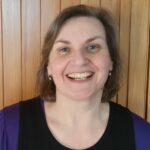
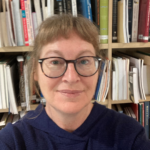
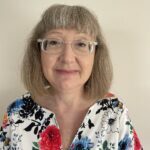
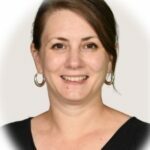

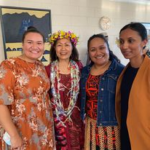
LIANZA SLIS SIG
Jo Rusk & Jennifer Klarwill
NZ Police Library & Department of Corrections
LIANZA TEL SIG
Diana McMahon-Reid & Kate Reynolds
Manukau Institute of Technology & University of Waikato
LIANZA PIMN SIG
Trina Schuster
Auckland Council
NOT SURE WHERE YOUR REGION IS?
CHECK OUT OUR MAP
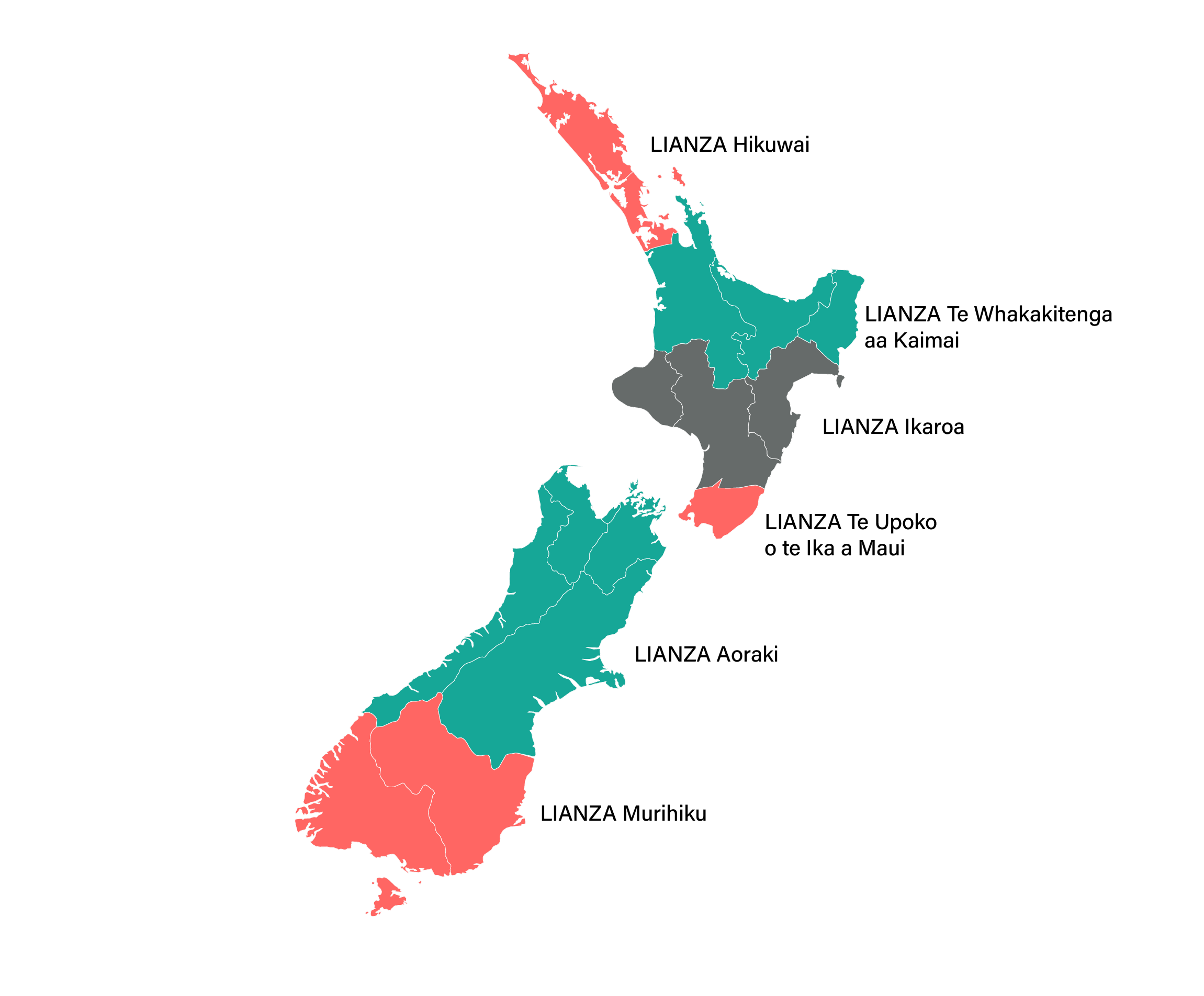
PROVIDING A LIANZA COMMUNITY
LIANZA communities provide robust communities of practice for library and information professionals. They strengthen the role of LIANZA through their activities and support.
FORMING LIANZA COMMUNITIES
We recognise that LIANZA communities will form and dissolve depending on the ongoing purpose, and engagement of those involved, and the relevancy of the group to LIANZA members.
Creating a new LIANZA community is now as simple as finding ten members with a common goal or purpose and sending a brief proposal for approval by LIANZA Council.
RUNNING A LIANZA COMMUNITY
We want to make it easy for our volunteer members to contribute to the success of their community.
We recognise that different LIANZA communities will want to operate in different ways.
- Your community may choose to run an Annual General Meeting and have elections for office holders, but this is no longer a formal requirement for a community.
- You may designate any roles you feel necessary to run the group effectively. At minimum you must provide the names and contact details for one named co-ordinator or office holder, who can attend quarterly Zoom meetings with LIANZA Executive Director and other community members.
- The only other requirement is that every LIANZA community must provide a report by the end of August each year for inclusion in the LIANZA Annual Report, so that we can make visible the amazing work being done around the country.
FUNDING FOR LIANZA COMMUNITIES
Financial sustainability is an essential focus for LIANZA and its membership.
Historically LIANZA SIGs and regions were distinct legal groups with their own incorporation, bank accounts and legal standing. In 2011 the process began of bringing these groups back into LIANZA. Initially each group had their own trust account, but these were disbanded in 2014 and all region and SIG funds are now administered nationally by LIANZA. The changes outlined below are essential steps in ensuring the on-going viability of LIANZA and its communities.
BUDGETED OR UNBUDGETED
We see flexibility and ease in how communities can operate as essential.
LIANZA now has two types of communities – budgeted or unbudgeted. Each community can decide which category they wish to operate under and can move from budgeted to unbudgeted annually depending on future plans.
- Unbudgeted communities
Unbudgeted communities are those where interaction between participants in the LIANZA Community is online and/or members pay their own way at face-to-face events. - Budgeted communities
Budgeted communities are those where income and expenses are generated from events and activities. Their financial plans are considered as part of LIANZA’s operating budget.
All budgeted LIANZA communities are required to operate a neutral or surplus annual budget and any annual surpluses are returned to the LIANZA Community Contestable Fund (see below).
All losses from budgeted LIANZA Communities are the liability of LIANZA, not of the co-ordinators, office holders or community participants. Budgeted LIANZA Communities receive support from LIANZA Office with budgeting, planning, registrations, sponsorship, liability insurance, GST, promotion and invoicing.
LIANZA COMMUNITY CONTESTABLE FUND
A central fund is administered for the benefit of LIANZA communities with the goal of making access to funding equitable.
- The fund is maintained sustainably by the addition of annual contributions made from interest on the fund, 5% of LIANZA personal member and student member income (excl GST) and all annual surpluses from budgeted LIANZA communities.
- An annual funding round will enable all LIANZA communities to submit funding applications for research, advocacy, community projects and grants for new initiatives.
- The fund will support projects or initiatives that are innovative and provide opportunities that have the potential to make a difference for New Zealand, contribute to the LIANZA vision, mission and strategic goals, demonstrate how LIANZA community will benefit from the knowledge, information and connections generated; show how evidence will be generated and evaluated, and create partnerships with other groups or people that will be used to change or enhance the initiative.
LIANZA REGIONAL COMMUNITY CONFERENCE GRANTS
The contestable fund will also be used to fund a maximum of six regional LIANZA Community conference grants biennially. The conference grants will be awarded nationally by a selection panel made up of the representatives from each regional LIANZA Community.